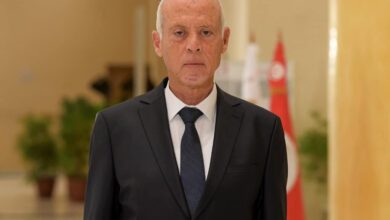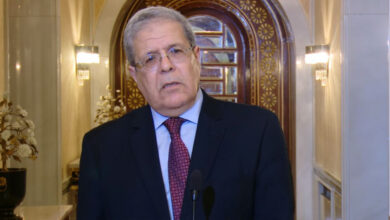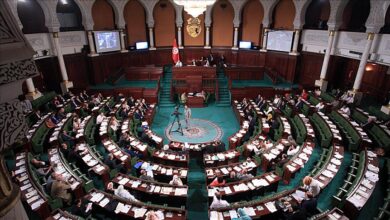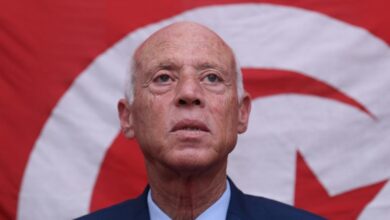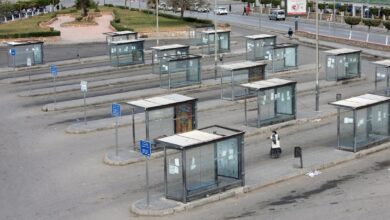Tunisia
Tunisia’s Trade Union UGTT Rejects IMF’s Demands For Reforms As Condition
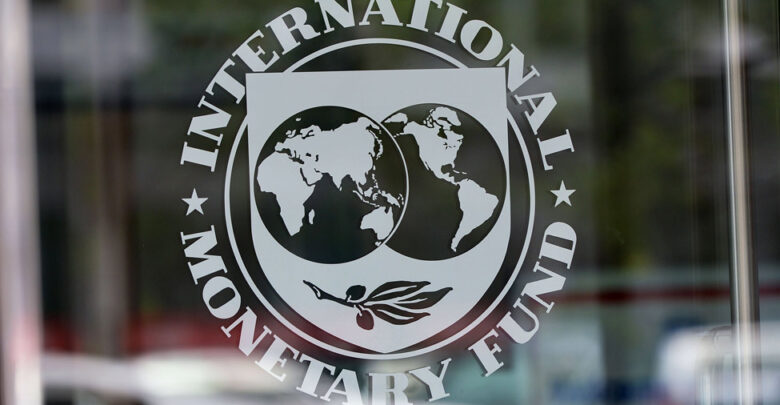
Tunisia’s powerful trade union centre, the UGTT, on Thursday, rejected the International Monetary Fund’s (IMF) demands as a condition for granting a loan to Tunisia, reported Africa News.
“We refuse these conditions (of the IMF) because of the low level of wages, the lack of means and the increase in the rate of poverty and unemployment,” Noureddine Taboubi, the secretary general of the Tunisian General Union of Labour (UGTT), told the press.
On Wednesday, the IMF announced in a statement that it was ready to start negotiations in the coming weeks on the establishment of an aid programme, if certain reforms are implemented by Tunisia’s government.
The global financial body has called for ambitious reforms to improve the country’s public finances and reform its state-owned companies.
The IMF’s regional chief Jihad Azour said the body was set to begin formal talks on a new financial aid package in the coming weeks, saying the economic fallout from the Ukraine war made it ever more necessary.
Azour reiterated IMF’s call for swift implementation of ambitious reforms, saying that Tunisia needs to urgently tackle its fiscal imbalances by improving tax fairness, replacing generalized subsidies with transfers to the poor people, limiting the large civil service wage bill, and reforming public enterprises running in losses.
But on Thursday, Tunisia’s labour union head Taboubi, said the UGTT rejected “the painful options they’re talking about.” He said the trade union support reforms, but don’t share the vision of reforms supported by the current government.
Taboubi added that a government established by institutions and elections will have the legitimacy to begin negotiations over reforms.
He indirectly slammed President Kais Saied, who sacked the previous administration and suspended parliament in July last year. President Saied clarified that his actions have been necessary to save Tunisia from the country’s political elites and that he does not aim to control the judiciary.


